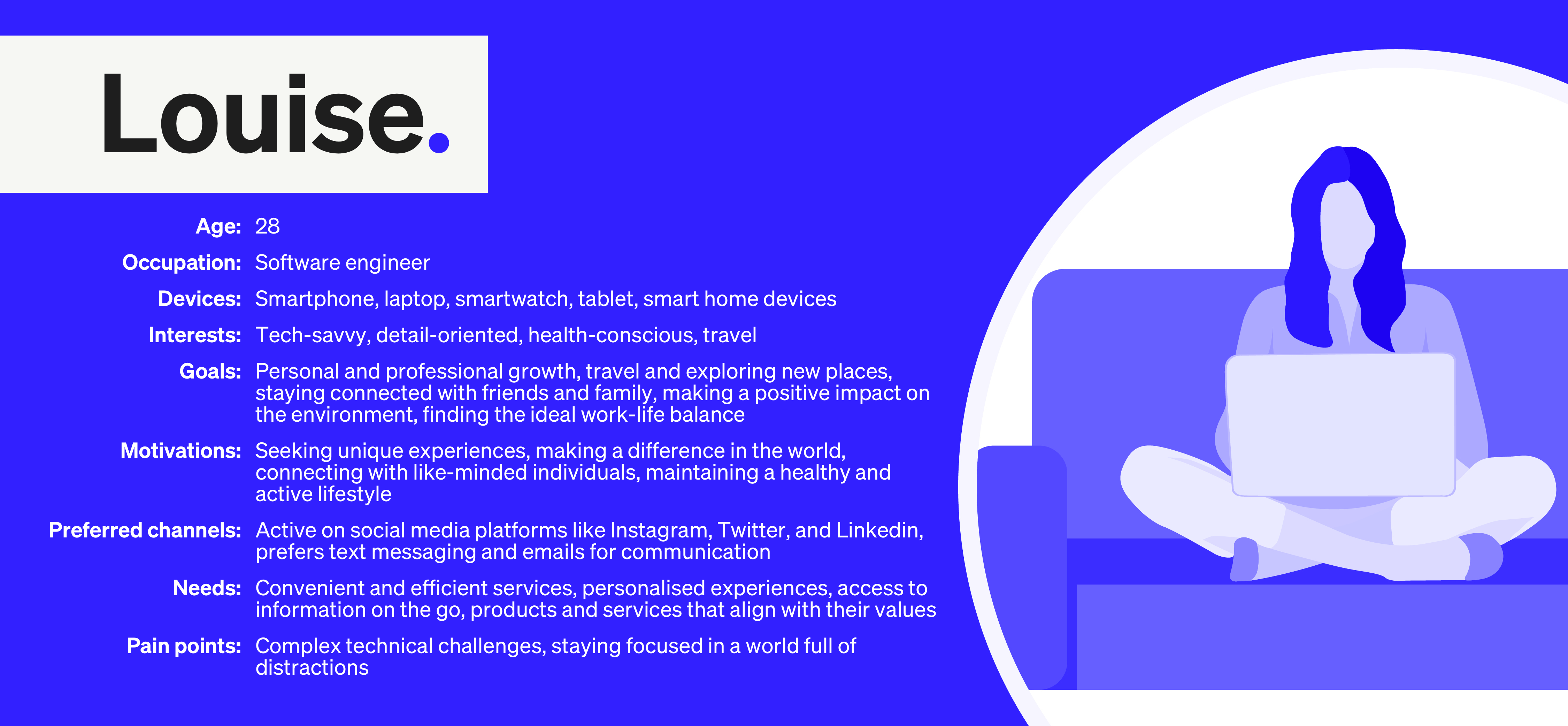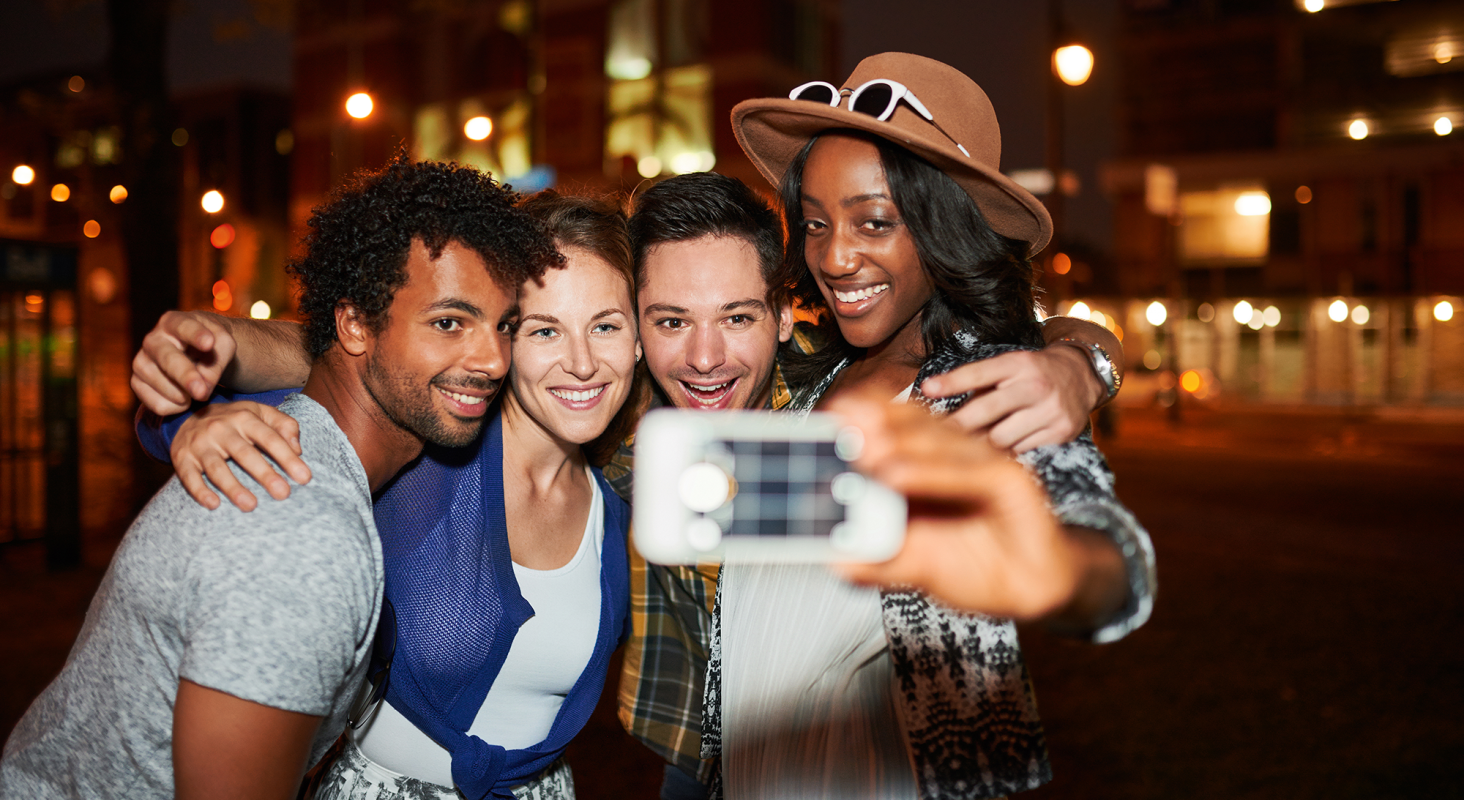Millennials represent a significant segment of today’s consumer population. In 2020, there were approximately 1.8 billion millennials around the world. Today, millennials make up around 27% of the global population. They represent the largest group of consumers, compared to Baby Boomers who have the largest buying power, and Gen Z, who’s purchasing power is on the rise.
Understanding who millennials are and the trends that influence their behaviour can substantially impact a business's success.
Who are Millennials?
Millennials, also known as Generation Y, are individuals born between 1981 and 1996 - making them between 27 and 42 years old today. They are referred to as millennials as they became adults around the time of the millennium and are more ethnically diverse than the generation before them.
This generation is shaped by political events, economic instability, and the rapid advancement of technology. Millennials are known for being receptive to change and more tech-savvy than the generation previously. Unlike other generations, the millennial generation has grown up in an era of technology and rapid change – yet they remain the generation who remember life before the technology we have today. They represent a well-educated and highly informed consumer base, who seek relevance in marketing communications.
User Behaviour
Millennial spending habits and trends can be challenging to generalise into categories. When looking to learn where and how best to spend your marketing budget, the prominence of social media and marketing strategies that adopt a more personal and engaging approach can massively impact user behaviour.

Use of social media
Millennials represent the third most active group on social media. Nearly all millennials, approximately 97%, own and use mobile phones as a way to consume information. For brands looking to connect with millennials, ensuring websites are optimised for mobile devices and tablets is essential.
According to data, millennials are more likely to connect with businesses on Facebook (70%), Instagram (64%) and Twitter (33%). However, only around 65% of businesses use social media for brand awareness in the UK and Ireland.
Millennials’ social media usage varies from job hunting to product discovery, and they are more likely to buy after seeing an ad, reading a social media review, or viewing a product video. They seek easy and intuitive experiences with an emphasis on convenience as the most important and compelling reason for social commerce.
When considering curated ads, millennials prefer campaigns that provide value through funny and informative content. Humorous content (44%) is most likely to appeal with millennials, while informative content (30%) comes in at second place.
Eco-conscious
Millennials are considered the generation who want to make a difference. Around 43% of millennials consider themselves to be eco-conscious and ‘change makers’, compared to 27% of generation Z.
They are likely to change their buying habits to favour environmentally friendly products and brands who align with their sustainability values. An estimated 75% of Millennials are thought to be more eco-conscious to the point of making substantial changes to their lifestyle.
A recent study from ESW discovered that 83% of consumers placed sustainability as a key factor in influencing their buying decisions, based on over 16,000 respondents across 16 countries. A staggering 73% of millennials plan to continue or increase their online spending in 2023 - placing them as the leading group in global e-commerce spending this year.
Personalised marketing
Millennials seek more personalised and relevant experiences than any other generation. According to studies, 46% of millennials are seven times more likely to provide personal information to a brand they trust.
As a marketing tool, personalisation isn’t new – it’s been a driving force for many years. However, millennials are changing the way companies approach personalised marketing. For millennials, personalised marketing can help drive loyalty and purchasing decisions – particularly when they align with social issues and sustainability values. According to a SmarterHQ report, brand loyalty is increased by around 28% when a millennial receives a personalised message from a business.
Target millennials with M3
Here at M3, we understand the millennial audience. Our range of expert services in branding, advertising and design can be tailored to meet your specific business needs. Contact our helpful team for a free quote today.






